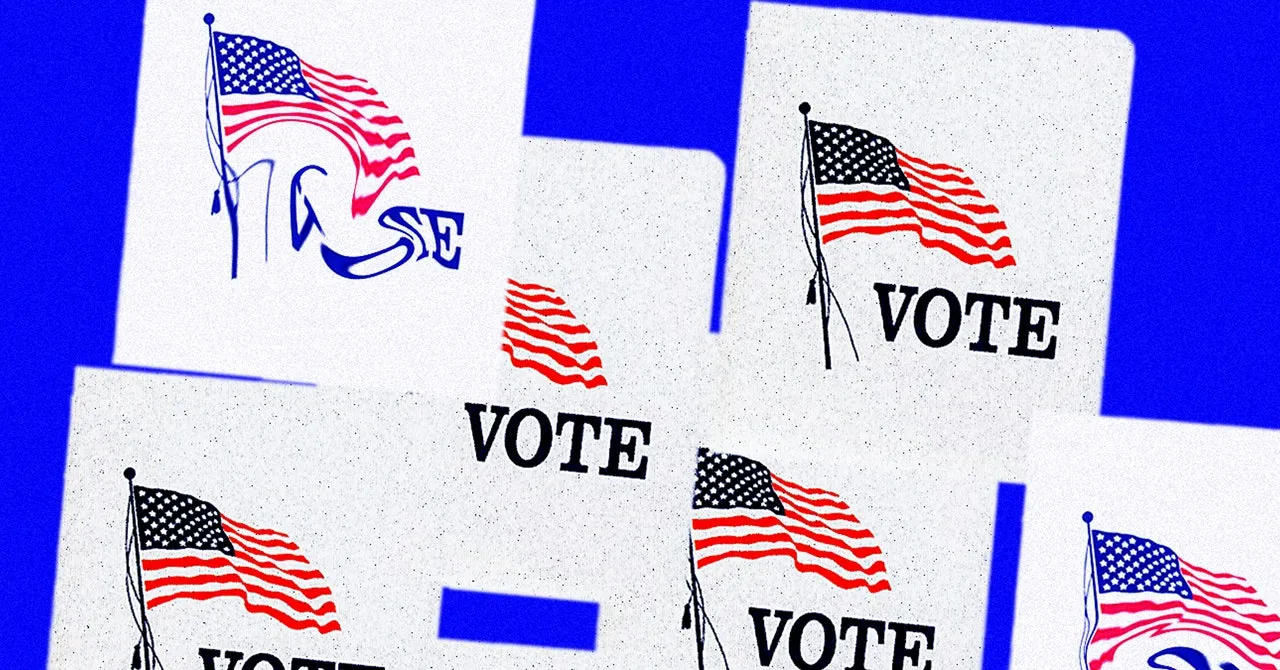Unleashing Artificial Intelligence in Political Elections Through Digital Advertising

AI-Driven Advertising: A New Tool for Political Campaigns
Artificial intelligence is revolutionizing how political campaigns reach voters, especially in the realm of digital advertising. BattlegroundAI, a startup focused on progressive causes, leverages generative AI to create ads swiftly. Its co-founder, Maya Hutchinson, emphasizes the platform's capacity to produce hundreds of ads in mere minutes, aiding campaigns that often operate on tight budgets.
How BattlegroundAI Works
The interface of BattlegroundAI allows users to choose from prominent large language models such as ChatGPT, Claude, and Anthropic. Users can fine-tune their messaging based on tone, creativity, and target demographics, ensuring that crucial messages resonate with specific voter groups. The tool aims to streamline the ad creation process while adhering to compliance regulations.
Addressing Concerns Around AI in Politics
Despite the benefits, the reliance on AI-generated content intensifies concerns about misinformation and trust. Hutchinson asserts that all AI-generated text undergoes human review before deployment. Critics, however, stress potential public cynicism stemming from the perception of AI's role in political messaging.
Future Implications of AI in Elections
- AI as a Performance Enhancer: Campaigns can harness AI to generate ideas and concepts, taking away the repetitive tasks from teams.
- Ethical Considerations: The challenge lies in maintaining transparency regarding AI's involvement in ad creation and its broader implications.
- Voter Perception: The success of AI tools in politics may hinge on public perception and understanding of their functionality.
As the political landscape evolves, AI tools like BattlegroundAI will likely play a pivotal role, balancing innovation with the critical need for authenticity in political communication.
This article was prepared using information from open sources in accordance with the principles of Ethical Policy. The editorial team is not responsible for absolute accuracy, as it relies on data from the sources referenced.